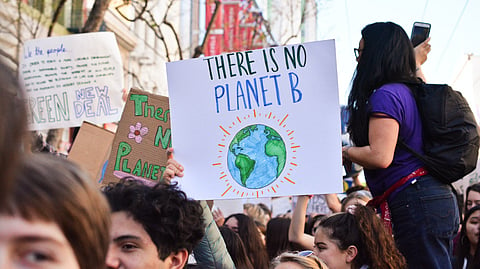For years, the climate crisis has been a significant cause of distress. Apart from causing ecological damage, it strikes people’s psychology as well.
Amidst the activist's strive for the implementation of pivotal programs by world leaders, the profuse association of climate change to our sentiments has become evident.
WHAT EXACTLY IS ECO-ANXIETY?
The psychological repercussion of climate change on some people is called eco-anxiety or climate anxiety. Though, not considered a disease, an intensified consternation for people who are experiencing psychological disorders is continuously being observed.
Eco-anxiety, according to the American Psychology Association (APA), is defined as, "The chronic fear of environmental cataclysm that comes from observing the seemingly irrevocable impact of climate change and the associated concern for one's future and the next generations is called eco-anxiety."
As per Medical News Today, cognizance of the rising hazard of extreme weather incidences, loss of livelihood or housing, fears for future generations, and feelings of vulnerability could stem from anxiety encompassing environmental issues.


